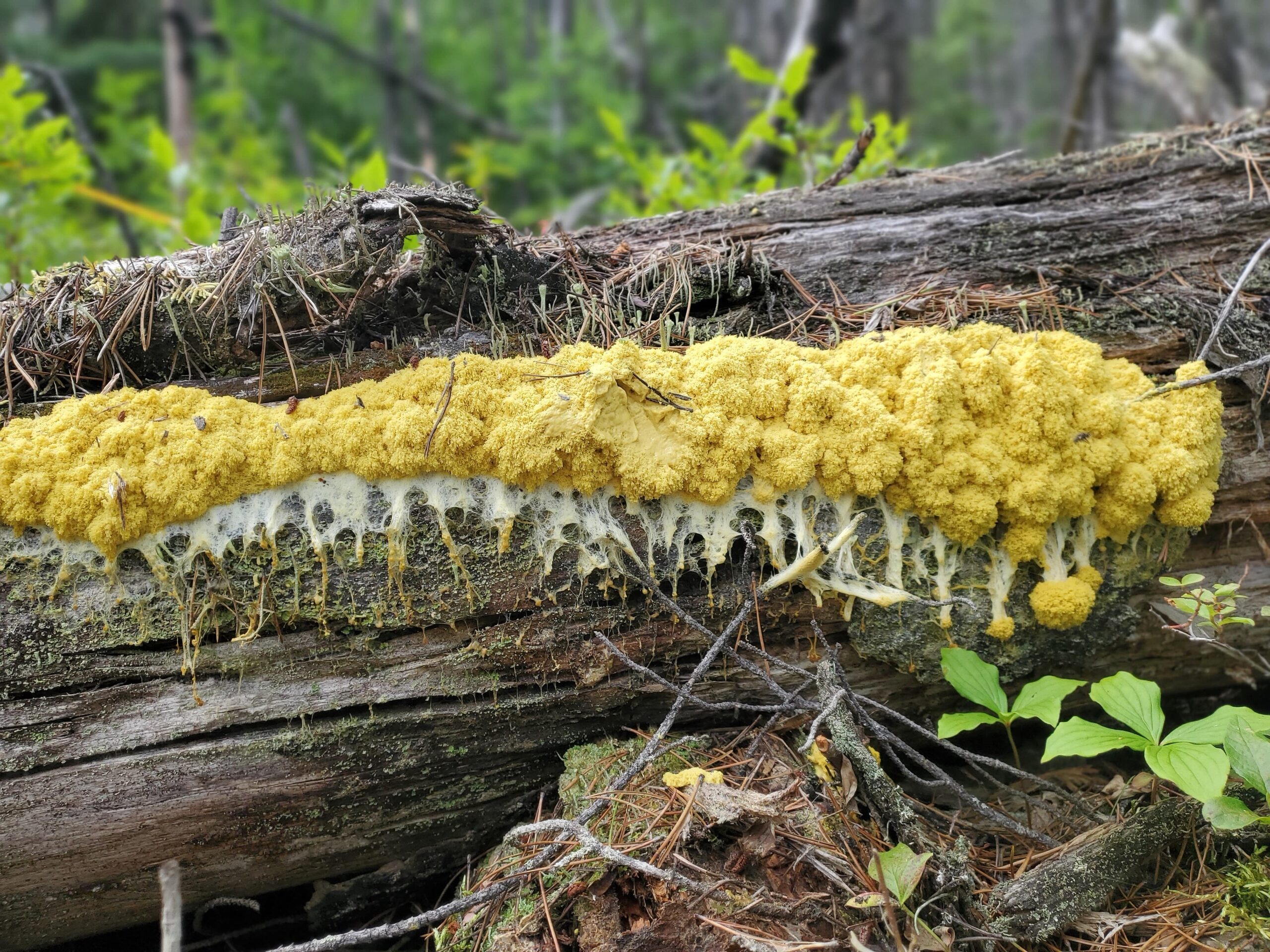Current Research on Impacts of Glyphosate-based Herbicide Use in Forests

About this seminar
This presentation will explore recent research into the effects of chemical herbicides, primarily glyphosate, on plants in forest operations. Glyphosate-based herbicides have been used in reforestation since the 1980s to reduce competition for coniferous seedlings. Until recently, long-term persistence of glyphosate has not been measured in these systems. Using advancements in analytical techniques now available, our research shows that residues persist for up to 12 years in some tissue types of unintentionally treated plants. We also show that there are effects to form and reproduction in these plants, which could persist for at least 2 years after treatment. We are currently exploring what these alterations in the forest plant community may mean for ecosystem function, including food availability and space use by wildlife. We will discuss the details of the science behind glyphosate persistence in plants, and some of the practical implications of these findings.
About Lisa Wood

Lisa Wood is an applied plant biologist and dendroclimatologist exploring influences of human-induced stress on forested plant communities. She specializes in forest silvicultural disturbance types and studying the impacts of climate change on plants. Lisa’s lab contains equipment and facilities for detailed analysis of tree-ring records, quantification of cellular-level plant anatomy, and investigation of plant chemical makeup. Her current focus is directed at elucidating the impacts of chemical herbicides on non-target vegetation populations in the boreal and sub-boreal forests of Canada.

